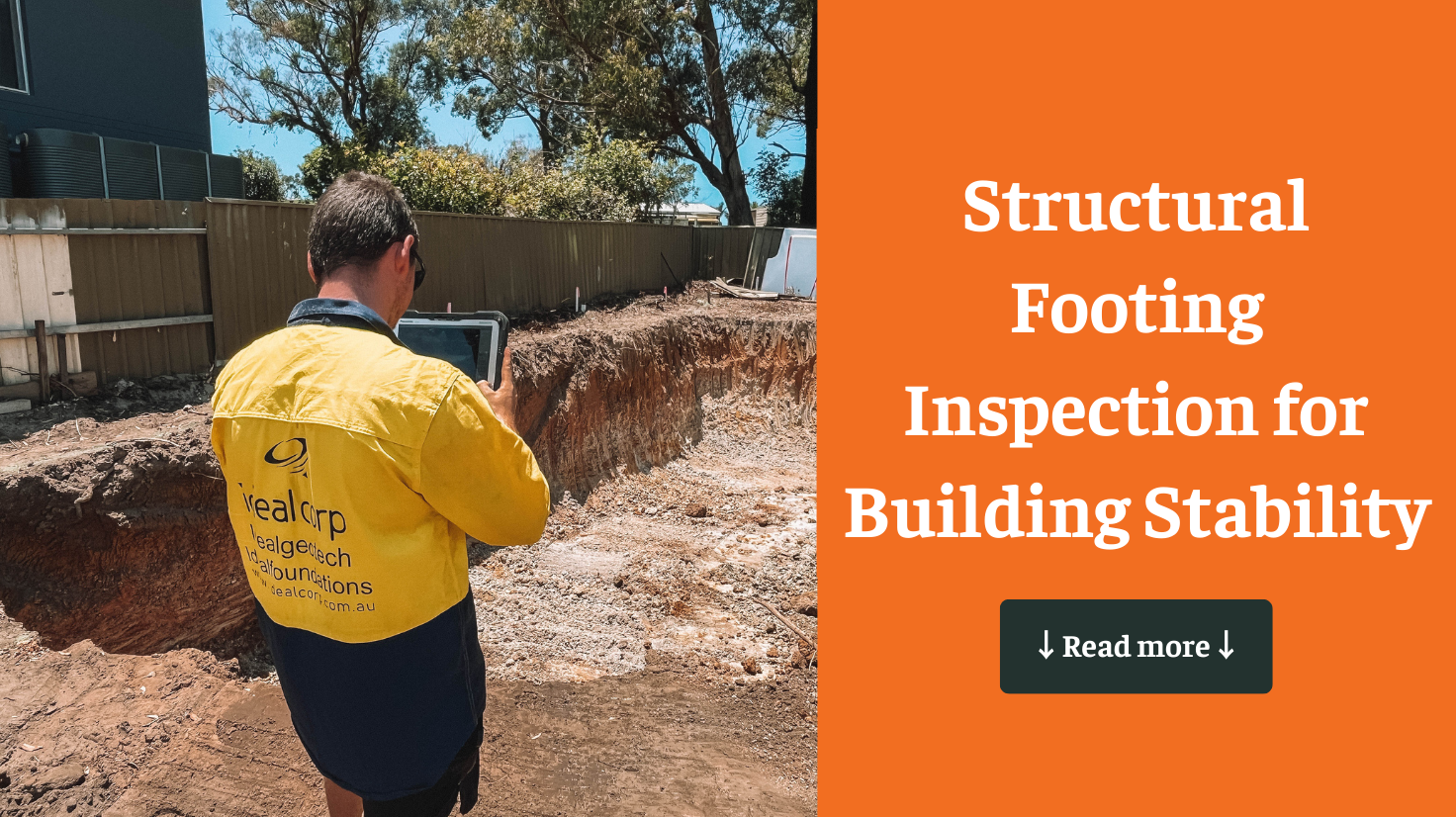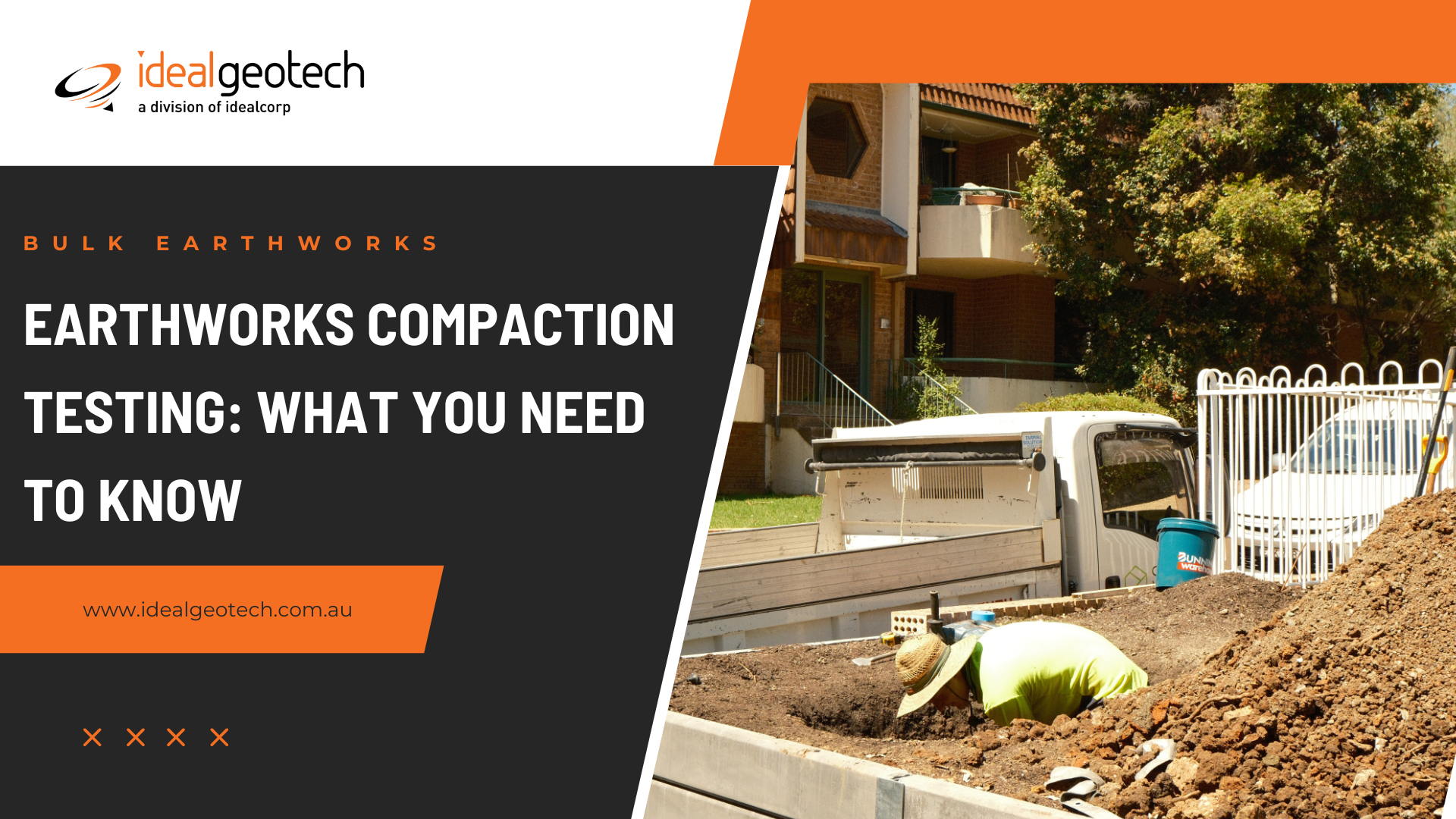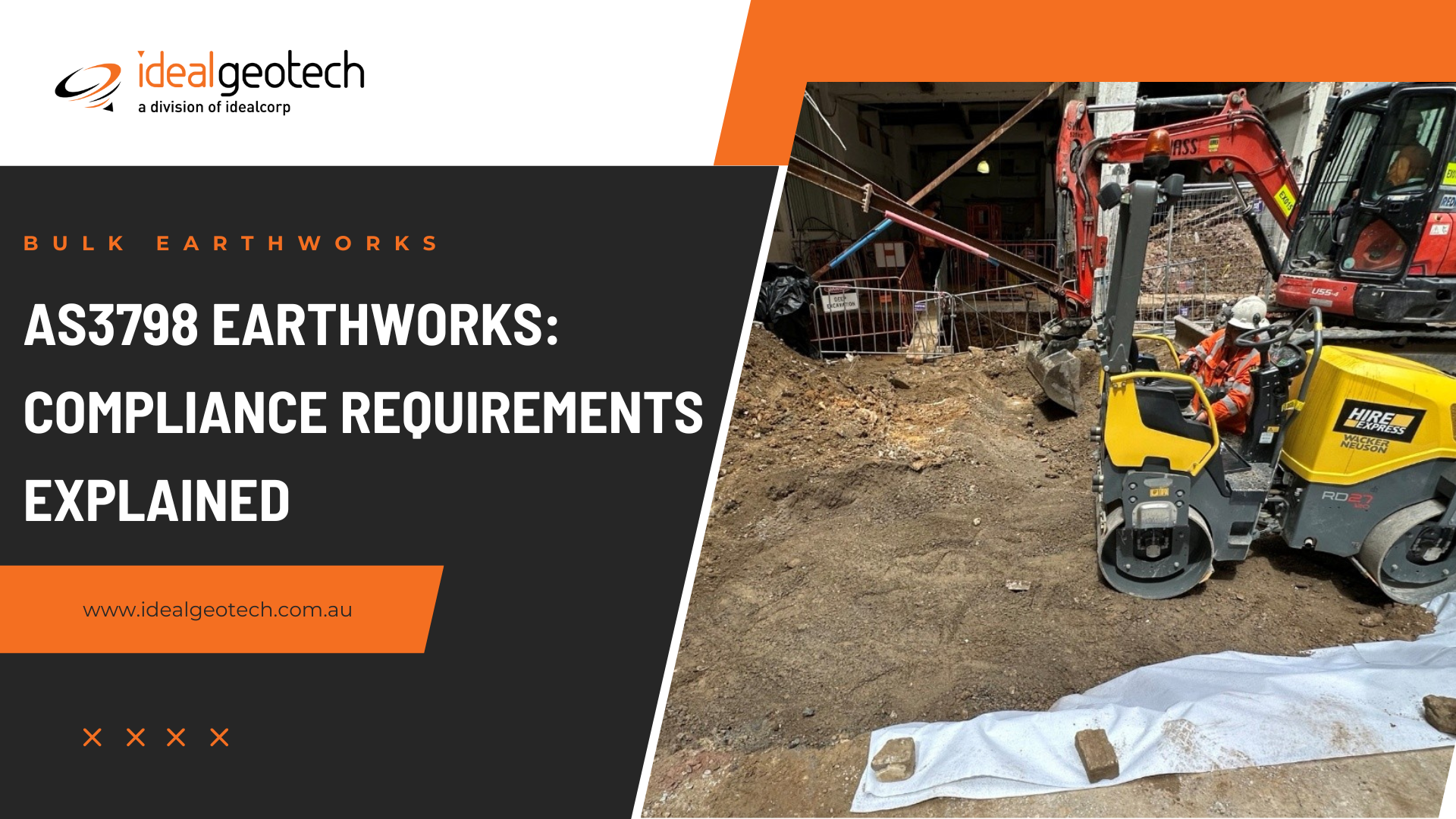A structural footing inspection is essential to guarantee the long-term stability and safety of any construction project. These inspections focus on evaluating the footings, which bear the weight of the structure, ensuring they are designed and built to handle the expected load. Without proper inspection, a building’s foundation may be at risk, leading to potential structural issues such as settlement or even collapse over time.
1. Why Structural Footing Inspections Matter for Building Stability
Footings form the base upon which the entire structure is built, making their integrity crucial for long-term stability. A structural footing inspection ensures that the footings can support the building’s weight and align with both the site’s soil characteristics and the engineering plans. Here’s why it’s so important:
- Prevents Foundation Failures: By identifying any issues with the footing early on, these inspections prevent future problems such as settlement, which can cause cracks in walls, misaligned doors, and compromised structural integrity. Timely inspections can save thousands in repair costs and prevent more severe damage.
- Compliance with Building Codes: Local and national building regulations set strict standards for construction. Ensuring that the footings comply with these codes helps to avoid delays, legal problems, or hefty fines. Inadequate inspections may result in failed compliance checks, further delaying your project.
- Optimised Foundation Design: A proper footing inspection guarantees that the foundation is appropriately designed based on the site-specific conditions. The soil’s ability to support the load, its type, and depth are all considered, helping ensure that the foundation is optimally tailored to the site.
Why it Matters:
Neglecting footing inspections risks serious consequences, including structural instability and costly post-construction fixes. By assessing the soil’s bearing capacity and ensuring proper footing placement, these inspections are vital for reducing risk and ensuring long-term durability.
2. Components of a Structural Footing Inspection
Structural footing inspections involve a comprehensive evaluation of several critical factors, including:
- Footing Dimensions: The inspector verifies that the depth and width of the footings match the construction plans. Proper dimensions ensure the footings can bear the intended load without risk of collapse.
- Soil Bearing Capacity: Inspectors assess the soil to ensure it can support the weight of the structure. Soil with insufficient bearing capacity may need reinforcement, such as compacting or replacing with stronger material.
- Reinforcement: Inspectors check the placement of reinforcing materials (such as steel rebar) within the footings to confirm they are correctly installed. Proper reinforcement increases the strength of the foundation and helps resist environmental forces like wind or seismic activity.
- Drainage Conditions: Footing inspections also evaluate site drainage to prevent future moisture problems. Poor drainage can cause water to accumulate near the foundation, leading to erosion, weakening the footings, or creating hydrostatic pressure that can crack or shift the foundation.
3. How Structural Footing Inspections Contribute to Building Stability
A well-conducted footing inspection ensures that the foundation of the building is secure and capable of distributing the structure’s weight across the soil evenly. This process mitigates issues such as:
- Foundation Settlement: Insufficient footings can cause parts of the building to sink unevenly over time, leading to cracks in walls, sloping floors, and doorframes becoming misaligned. Inspection helps confirm the footing design and soil properties are suitable, reducing the chance of settlement.
- Cracking and Shifting: When foundations are not correctly placed, cracking can occur due to uneven distribution of loads or external pressures like water infiltration or seismic activity. A thorough inspection ensures that the footings are reinforced and placed to minimise these risks.
- Long-Term Durability: By understanding the soil’s composition and drainage properties, footing inspections help ensure that the foundation is built to withstand environmental challenges over time. Properly reinforced and well-constructed footings are key to a structure’s longevity.
4. Overcoming Common Challenges in Structural Footing Inspections
Even with careful planning, footing inspections often reveal challenges that must be addressed before construction can continue. Common issues include:
- Unstable Soil Conditions: Some construction sites are built on soft or expansive soils that may shift or swell when exposed to moisture. In such cases, engineers may recommend additional soil stabilisation techniques, such as soil compaction, the use of geotextiles, or replacing weak soil with stronger material.
- Incorrect Reinforcement Placement: Proper placement of reinforcing materials like steel rebar is essential for the strength of the footings. If inspectors find that reinforcement has been misplaced or is insufficient, the contractor will need to adjust it to ensure the foundation’s integrity.
- Water Accumulation: Poor drainage around the footings can lead to long-term moisture issues, potentially causing soil erosion or undermining the foundation. Solutions such as installing French drains, adjusting the slope of the site, or waterproofing the footings can mitigate these risks.
5. Conclusion: Secure Building Stability with Professional Footing Inspections
Investing in a professional structural footing inspection is essential for ensuring the long-term safety and stability of any construction project. Whether you’re building a residential home or a commercial structure, Ideal Geotech provides expert footing inspections that guarantee your project’s foundation is built on solid ground.
Contact Ideal Geotech today to schedule a structural footing inspection and ensure your project is compliant, secure, and built to last.







